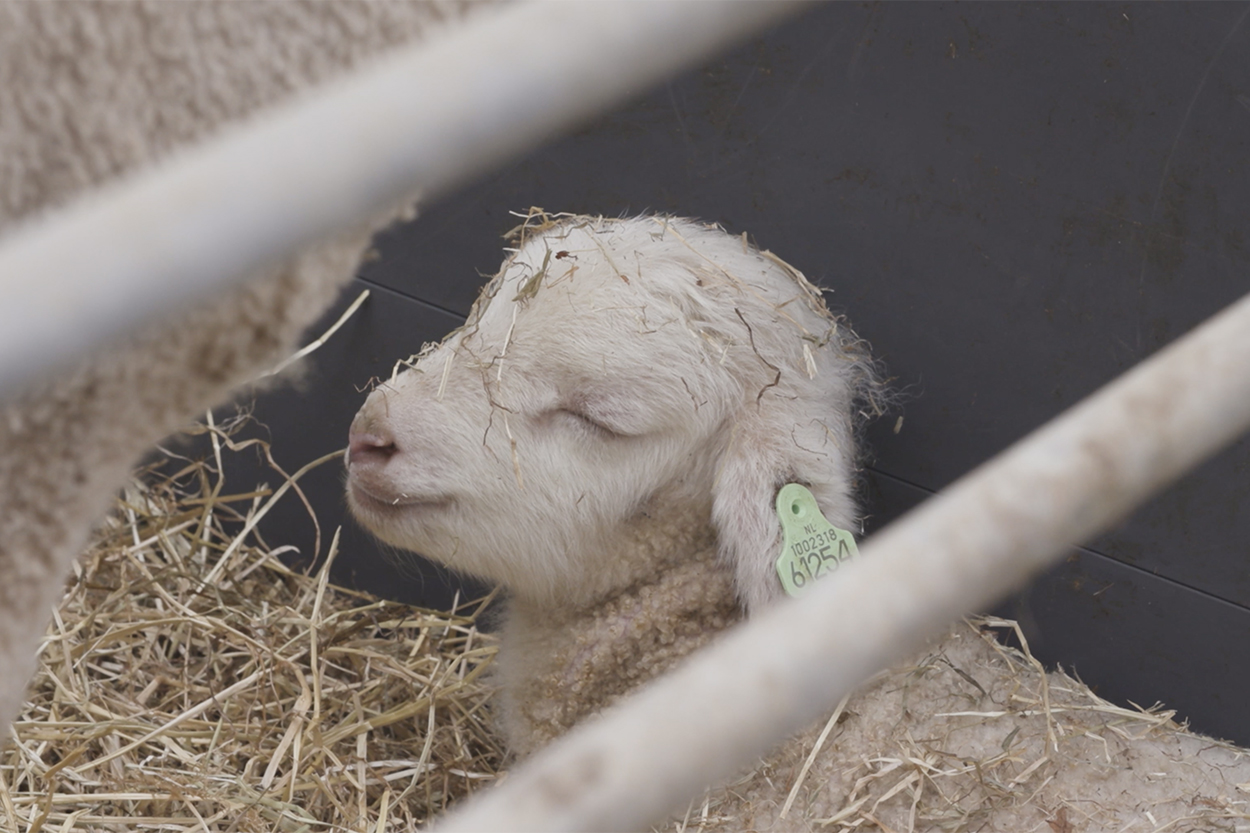
De Zachte Stad
2020 –
onwards
Christien Meindertsma spent two years, at the municipality of Rotterdam’s invitation, conducting research into the possibilities offered by a flock of Rotterdam sheep’s wool. And what initially appeared to be a worthless mountain of waste, actually turned out to be a pile full of potential.
A total of 2000 sheep have been keeping the
grass short in numerous places throughout Rotterdam for a number of years. But
these sheep have a great deal more to offer than simply mowing the grass. This
flock is good for 5000 kilos of wool every single year. A large quantity of
material, which had been labelled as worthless until recently. Dutch wool is
said to be inferior, and various important links are missing here which are
needed for the large-scale, high-quality and profitable processing of wool.
While wool is actually a very versatile material, one which insulates well,
ventilates, has acoustic qualities and is biodegradable too.
The municipality of Rotterdam called in
designer Christien Meindertsma to look into whether this wool really is as
worthless as it seemed. This assignment was a great opportunity for
Meindertsma, who has been researching wool since 2003, to bring together all
the knowledge she had acquired during recent years. It soon became very
apparent that what initially appeared to be a worthless mountain, actually
turned out to be a pile full of potential. And collaborating with the right
people allowed for this material to actually be processed into high-quality
products.
Meindertsma has used De Zachte Stad project
to demonstrate the possibilities offered by Rotterdam wool in a sample book
which has been brought to life. These range from fashion or interior
applications, all the way through to concepts for the construction and music
industry. Some results are semi-finished products, others are concrete
products. Meindertsma’s research has also opened doors to a new
innovative material.
Links: De Zachte Stad
This
project couldn’t have been realised without shepherd Martin Oosthoek, who asked
the municipality whether the wool could be used rather than simply thrown away.
Nor without Carolien van Eykelen, who decided to take this request seriously on
behalf of Rotterdam Circulair, and stuck her neck out to turn this waste
problem into a design issue.
COMMISSIONED BY:
Gemeente Rotterdam, Rotterdam Circulair
CREDITS:
Carolien van Eykelen, Martin Oosthoek, Standard
Wool, Donegal Yarns, Molloy & Sons,
Kuperus & Gardenier, Havivank, Roel van Tour, Mathijs Labadie, Lisa Hardon, CS rugs, Gelderland, The Knitwit stable, Cox Piano Gouda, MA-IT, Caroline Vogel, Martinus Johannes, Jetski




